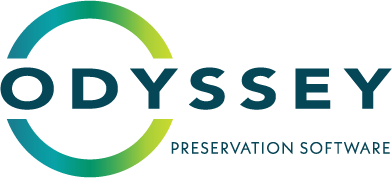Featured Exhibit

Joe Frazier vs. Muhammad Ali I Press Kit, March 8, 1971
Donated by George Kalinsky in 2015.
Frazier vs. Ali I
Despite his very public calls for a fight against Joe Frazier, Ali was still not granted a license to box in most states, making it nearly impossible for the two to meet in the ring. Finally, Muhammad Ali returned to the world of professional boxing with a three round victory over Jerry Quarry on October 26, 1970, in Atlanta, Georgia. This victory opened doors for Ali that had been closed upon his refusal of the draft, which meant the possibility of a match with Joe Frazier was more likely than ever.
On March 8, 1971, at the iconic Madison Square Garden in New York, New York, the pair finally went toe to toe on the canvas under the bill of "The Fight of the Century". Muhammad Ali looked confident as he entered the ring in his red trunks and red boots with tassels, while Joe Frazier presented a calm, focused demeanor prior to the start of the bout. After fifteen rounds, even with his confidence and his hold predictions of victory, Ali ultimately suffered his first defeat of his professional career when Frazier was declared the winner by unanimous decision.
Later, Ali recounted the fight to Thomas Hauser his biography Muhammad Ali: His Life and Times:
"If I was young, I'd have danced for fifteen rounds and Joe wouldn't have ever caught me. But the first time we fought, I was three-and-half years out of shape. He punched hard; he pressured me good. And laying on the ropes to save energy, I lost some rounds I could have won. But it would be wrong to say I gave the fight to Joe. I didn't give it away. Joe Earned it."



